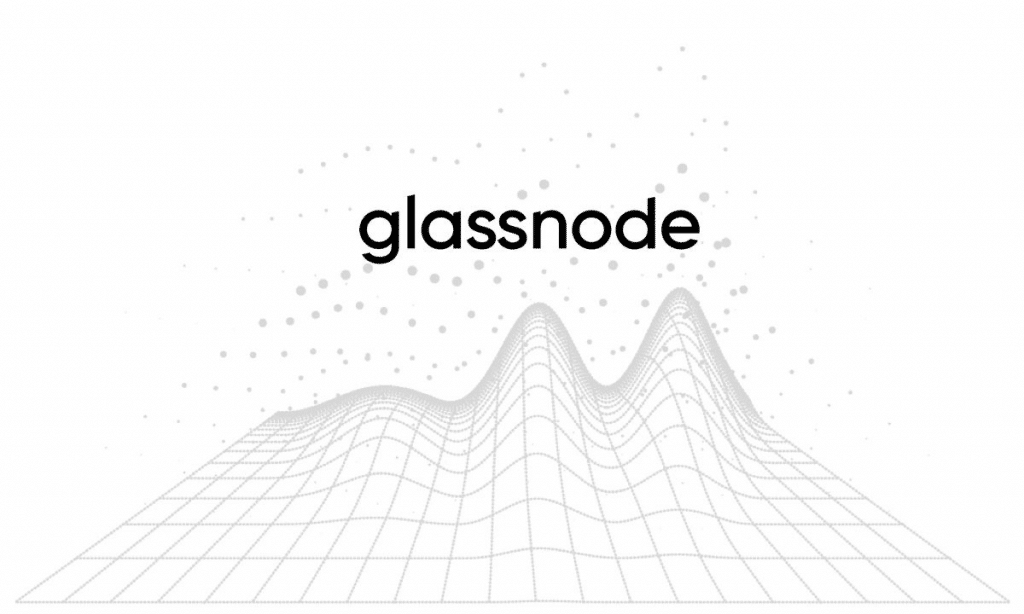Glassnode, a prominent crypto analytics firm, has chosen to streamline its business strategy by divesting its tax platform, Accointing, to bolster its institutional and decentralized finance (DeFi) services.
On November 6, Glassnode declared the divestiture of its crypto tax software, Accointing, to Blockpit, a European provider dedicated to crypto compliance. While the financial terms of the deal were not disclosed, the parties confirmed it was a multimillion-dollar agreement.
This decision arrives on the heels of Glassnode’s acquisition of Accointing in October 2022, which was originally intended to integrate tax-reporting features into its suite. However, in a pivot to prioritize its main offerings, Glassnode is now withdrawing from the crypto tax domain to concentrate on developing advanced Digital Asset Intelligence Solutions for its growing institutional clientele.
A Glassnode spokesperson emphasized the firm’s realignment towards DeFi data solutions and broader digital asset ecosystem services. “We’re currently expanding our product offering into DeFi, aiming to equip institutions with the necessary data and tools for navigating the DeFi space,” the spokesperson remarked.
Blockpit, having previously merged with its German competitor Cryptotax in 2020, views the acquisition of Accointing as a strategic step to solidify its position as a leader in the European crypto tax platform space. Blockpit’s CEO, Florian Wimmer, assured Accointing users of a seamless transition to Blockpit, where they can easily transfer their profiles and data.
The consolidation under Blockpit is expected to double its revenue without a corresponding increase in costs, as the Accointing infrastructure will be decommissioned. The objective is to concentrate efforts on a single, comprehensive platform that promises enhanced features and improved customer service.
The timing of this acquisition is strategic, considering the upcoming regulatory changes like the Crypto-Asset Reporting Framework (CARF) and the Directive on Administrative Cooperation (DAC8). Starting in 2026, these regulations will mandate crypto asset service providers to report the transaction and Know Your Customer (KYC) data to tax authorities, which, according to Wimmer, will significantly strengthen the enforcement against tax evasion.
DAC8, adopted formally in October 2023, is particularly significant as it will empower tax authorities in the EU to monitor and assess all cryptocurrency transactions, thereby enhancing the transparency and oversight of the crypto space. This regulatory environment presents a ripe opportunity for Blockpit to position itself as a go-to platform for compliance in the era of increased regulation.
Via: 2Usethebitcoin.com













